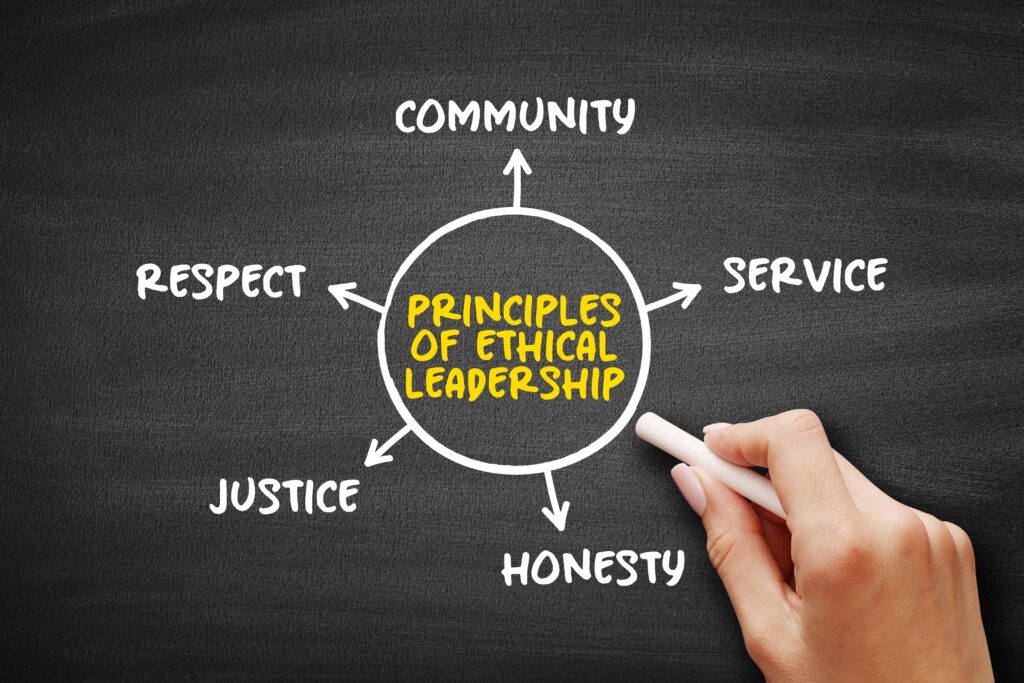In an era where consumers are increasingly valuing social impact and ethical conduct, ethical leadership and corporate social responsibility (CSR) have emerged as pivotal elements of a sustainable business strategy. These concepts go beyond mere compliance or public relations efforts; they represent a fundamental shift in how businesses operate and engage with their stakeholders.
The Core of Ethical Leadership
Ethical leadership is characterized by leaders who embody and promote values such as integrity, honesty, fairness, and accountability. These leaders not only adhere to ethical standards themselves but also inspire their teams and organizations to follow suit. Ethical leadership involves:
1. Decision Making with Integrity: Making choices that are not just profitable but also ethical and just, considering the welfare of employees, customers, communities, and the environment.
2. Transparency and Accountability: Being open about the company’s operations, successes, and failures, and taking responsibility for actions and their impacts.
3. Respect and Fair Treatment: Ensuring all employees and stakeholders are treated with respect, and their rights and dignity are protected.
Corporate Social Responsibility: Beyond Philanthropy
CSR extends the concept of ethical leadership to the broader organizational level, emphasizing responsible business practices that contribute positively to society and the environment. Key aspects of CSR include:
1. Environmental Sustainability: Implementing practices that reduce the company’s environmental footprint, such as waste reduction, energy efficiency, and sustainable sourcing.
2. Social Well-being: Contributing to the social welfare of communities through initiatives like community development projects, charitable giving, and volunteering.
3. Economic Responsibility: Engaging in fair business practices that benefit not only the company but also its suppliers, customers, and the wider economy.
The Benefits of Ethical Leadership and CSR
The integration of ethical leadership and CSR into business operations offers numerous benefits, including:
– Enhanced Reputation: Businesses that are seen as ethical and socially responsible attract customers, investors, and employees who value these qualities.
– Risk Mitigation: Ethical decision-making and responsible practices can help avoid legal issues, scandals, and other risks that could damage the company.
– Long-Term Sustainability: By focusing on sustainable practices and social contributions, businesses can ensure their long-term viability and success in a changing global landscape.
Implementing Ethical Leadership and CSR
Implementing these concepts requires a commitment from the top down. Leaders must set the tone by embodying ethical values and ensuring that CSR is integrated into the company’s strategy and operations. This can involve establishing clear policies, investing in CSR initiatives, and regularly evaluating the company’s ethical and social impact.
Ethical leadership and corporate social responsibility are no longer optional; they are essential components of a sustainable and successful business strategy. By prioritizing these values, companies can build trust with their stakeholders, mitigate risks, and contribute to a more sustainable and equitable world.




